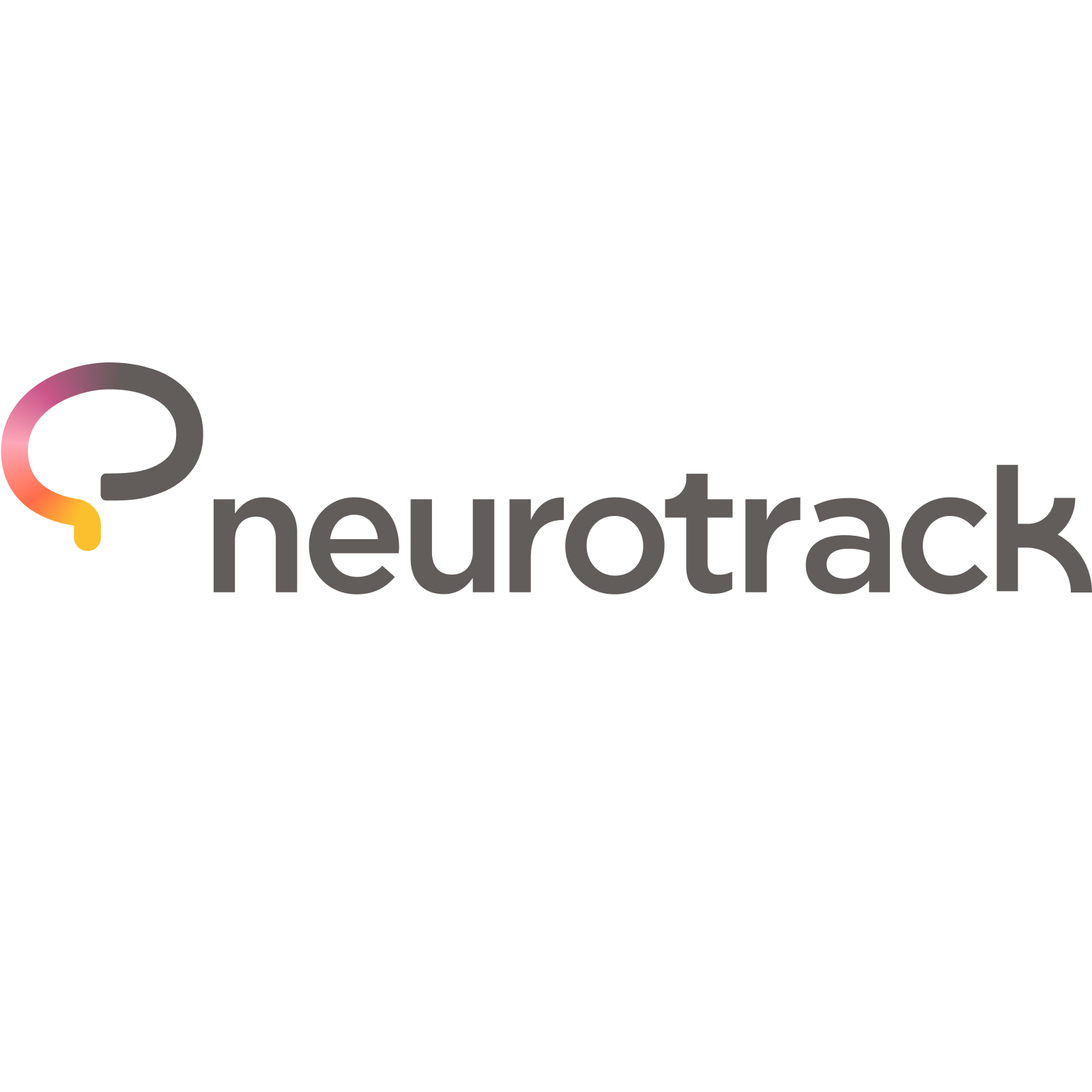Ease Into Cardio
Cardiovascular exercise is good for your heart, muscles, and bones. It also helps protect your brain. A daily brisk walk is a simple place to start.
Why does movement help your mind? Exercise supports healthy brain blood flow and helps the brain make and keep strong connections. Studies show changes in brain volume, wiring, blood flow, and the growth of new brain cells with regular exercise.
Exercise also talks to your brain through your muscles. When you move, your muscles release helpful signals (myokines) that reach the brain and may support mood and thinking. This “muscle–brain chatter” is linked with lower risks of dementia, depression, and stress.
How cardio helps your brain
- Builds brain support systems: blood flow, connections, and growth of new cells.
- Lowers brain inflammation seen in Alzheimer’s models.
- Lowers risk of dementia and improves mood.
How to get 15–30 minutes a day:
- Pick what you like. If you hate the elliptical, skip it. Choose walks, biking, or dancing so you’ll keep it up. Different exercise types can help in different ways, so choose what fits you.
- Alternate. Rotate activities to avoid boredom.
- Schedule it. Put it on your calendar. Tell friends you’re busy—and invite them along.
- Start small. Begin with one day a week. When that feels easy, add another day.
- Make walking a habit. Try the same time each day, like a short morning or after-lunch walk.
Staying active is one of the best gifts you can give your brain. Keep it simple. Move most days. Choose what feels good and fits your life.
References:
- Hu F, Peng J, Wang W, Shen L, Jia M. Comparing the impact of various exercise modalities on old adults with Alzheimer’s disease: A Bayesian network meta-analysis. Complementary Therapies in Clinical Practice. 2025;59:101968. https://doi.org/10.1016/j.ctcp.2025.101968
- Zhao R. Exercise mimetics: a novel strategy to combat neuroinflammation and Alzheimer’s disease. Journal of Neuroinflammation. 2024;21(1). https://doi.org/10.1186/s12974-024-03031-9
- Cotman CW, Engesser-Cesar C. Exercise Enhances and Protects Brain Function. Exercise and Sport Sciences Reviews. 2002;30(2):75-79. https://doi.org/10.1097/00003677-200204000-00006
- Pedersen BK. Physical activity and muscle–brain crosstalk. Nature Reviews Endocrinology. 2019;15(7):383-392. https://doi.org/10.1038/s41574-019-0174-x
- Cabral DF, Rice J, Morris TP, Rundek T, Pascual-Leone A, Gomes-Osman J. Exercise for Brain Health: An Investigation into the Underlying Mechanisms Guided by Dose. Neurotherapeutics. 2019;16(3):580-599. https://doi.org/10.1007/s13311-019-00749-w
- Lock S. Global Council on Brain Health: Advancing International Dialogue to Promote Well-Being. Innovation in Aging. 2017;1(suppl_1):40-40. https://doi.org/10.1093/geroni/igx004.158


